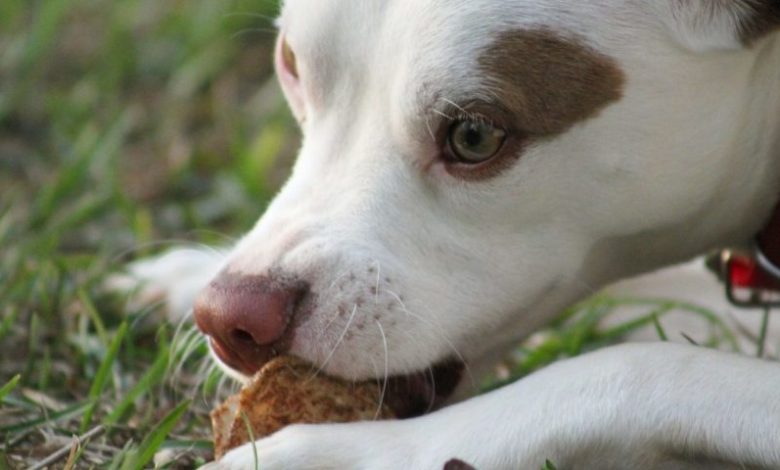Raw meat diet ‘risk to dog and owner’, study finds

A study has found that a raw meat diet may pose a risk to dogs and their owners as the offal used in such foods “has not undergone any type of treatment to reduce the microbial content”.

Become a member for unlimited access
Remove all content restrictions with a membership account. First-year special offer pricing. Cancel any time.
You have read 2/2 free articles this month.

How many members should have access to the subscription?
Monthly
Yearly
Save £9.89
No, thanks
I already have an account

A study has found that a raw meat diet may pose a risk to dogs and their owners as the offal used in such foods “has not undergone any type of treatment to reduce the microbial content”.